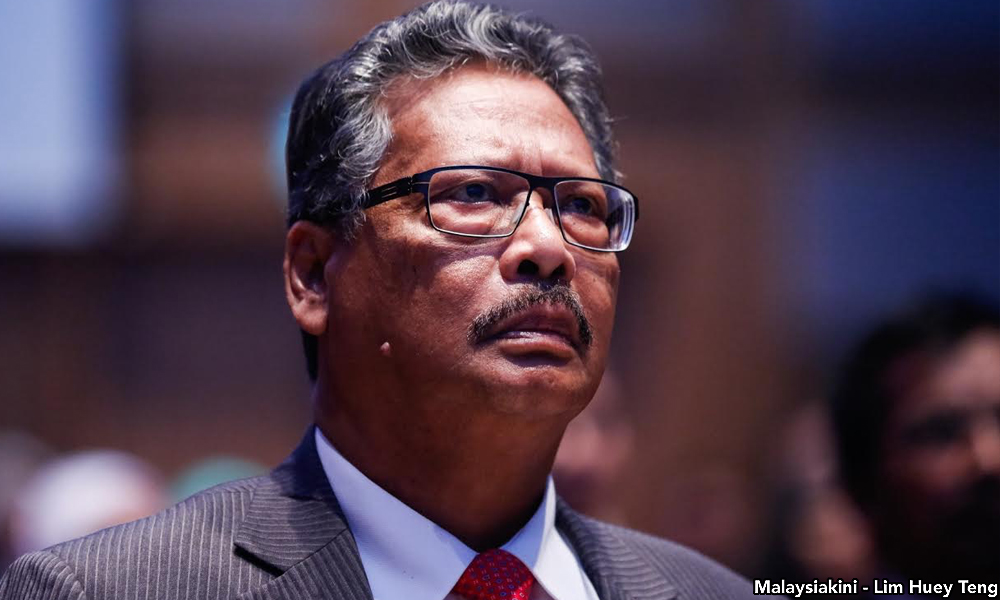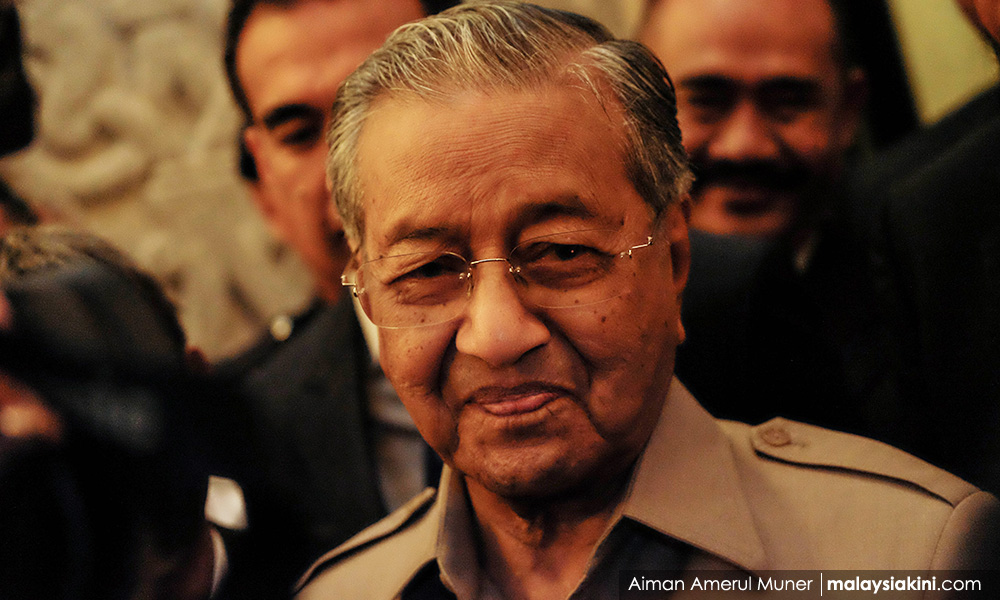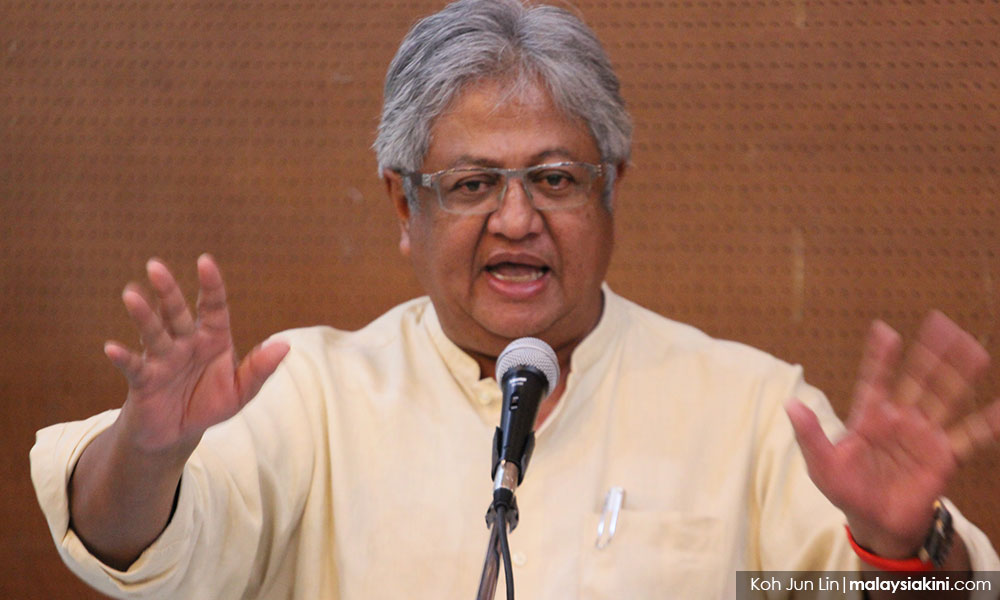
Attorney-general Mohamed Apandi Ali conceded that the perception of the judiciary's independence took a hit during the 1988 judiciary crisis, but stressed that things had changed since then.
"It must be admitted that the independence of the judiciary was seen to have been badly impacted when the chief justice and federal court judges (then lord president and supreme court judges) were sacked in 1988, which then led to the 2002 judicial fixing scandal.
"However, following the introduction of the Judicial Appointments Commission in 2009, the appointment of senior judges became more transparent with clearly outlined qualification criteria," he said in an opinion piece published in Berita Harian today.
Then prime minister Dr Mahathir Mohamed was widely blamed for the sacking of the judges after they declared Umno to be illegal.

However, Mahathir (photo) claimed he had only acted on the instructions of the then Yang Di-Pertuan Agong.
Under Mahathir's successor Abdullah Ahmad Badawi, the government apologised to the judges for their sacking and granted them ex-gratia compensation.
The reconciliation effort was overseen by then de facto law minister Zaid Ibrahim.
Apandi, in his comment, also appeared to respond to Zaid's recent criticism of the judiciary, referring to a "former law minister," although not naming him outright.
Zaid, in an article titled the “Non-independent judiciary,” claimed some judges were appointed as a "reward," and that there was a tendency to only appoint Malays to senior positions. Apandi disputed this.
"I dare stress that I and my colleagues had never received external instructions nor have we given instructions to any junior judges in their decisions.
"Claiming that the national judicial system is based upon a ‘Malay first’ policy or that judges appointed from the Attorney-General's Chambers were without quality is incorrect.
"The appointment of judges was made based on merit, regardless of race or religion," he said.
Apandi also defended the Federal Court's decision, which ruled that the attorney-general's powers cannot be questioned.

Zaid (photo) had previously filed a suit against Apandi for allegedly refusing to initiate action against Prime Minister Najib Abdul Razak over the 1MDB scandal.
Apandi said the decision was unanimous, and that even former Bar Council president Tommy Thomas shared a similar view.
He claimed the criticism only came because the decision did not favour the critics, and pointed out that there had also been court decisions that favoured the opposition.
For example, he said the Court of Appeal in a decision on Nov 25 favoured PKR's Sri Muda assemblyperson Mat Shuhaimi Shafiei's appeal and found that Section 3 of the Sedition Act 1948, which does not consider intent relevant to sedition offences, to be unconstitutional.
Likewise, he said that in the landmark decision of Semenyih Jaya Sdn Bhd vs the Hulu Langat district land administrator on April 20, the Federal Court ruled that judicial powers were indeed vested in the courts.
This had come into doubt following a constitutional amendment in 1988, which deleted the reference "judicial powers" from Article 121(1) of the Federal Constitution.
"The implication of the amendment to Article 121(1) is that Parliament can limit the powers of the judiciary through federal law.
"However, the federal court, in the Semenyih Jaya case, ruled that beyond the amendment to Article 121(1), judicial powers are still vested in the courts, thereby restoring the judiciary's independence," he said.
As such, Apandi said, it was "highly irresponsible" for people to claim the judiciary was not independent.
Apandi said even public prosecutors have lost cases in court, but they do not question the independence of the judiciary after losing.- Mkini


No comments:
Post a Comment
Note: Only a member of this blog may post a comment.